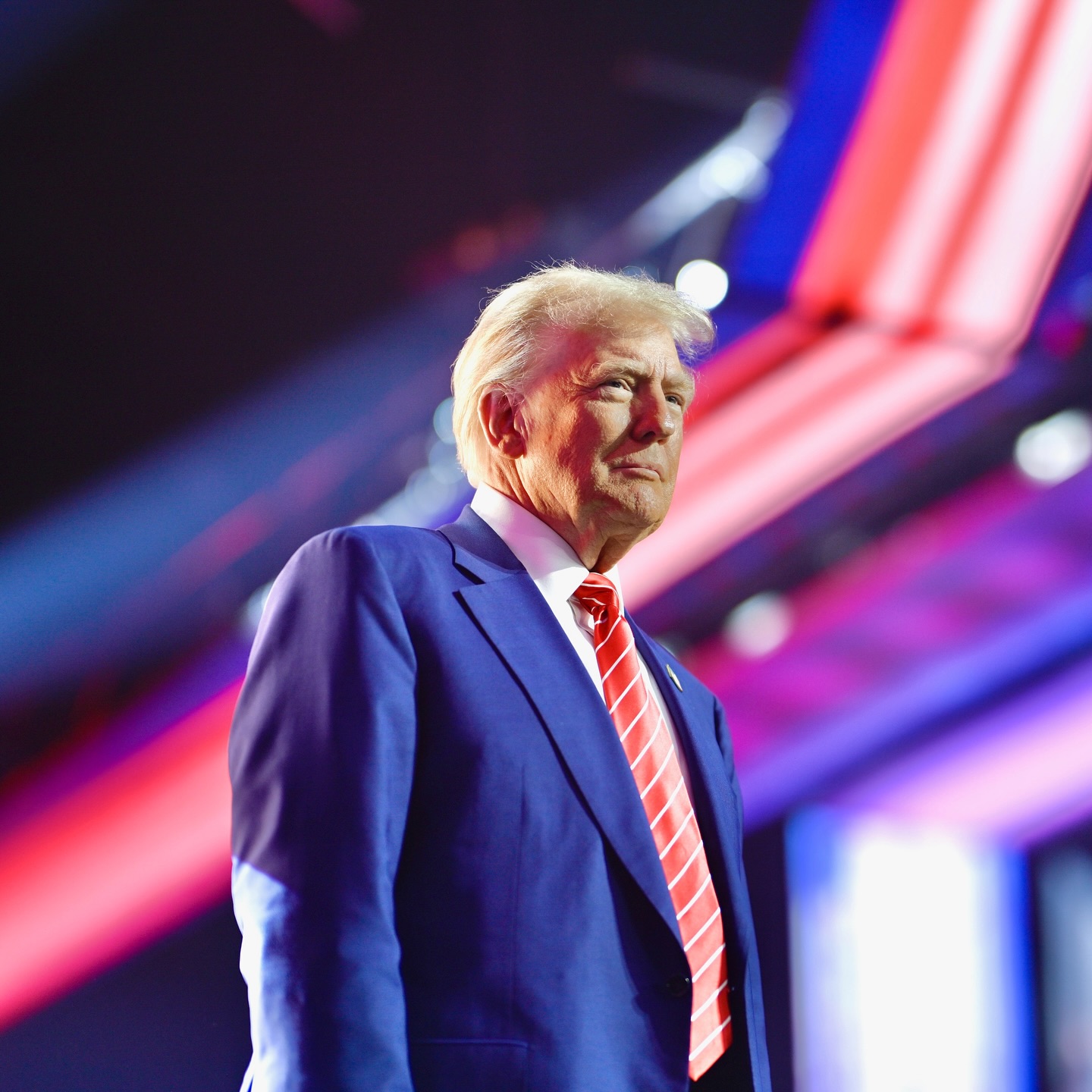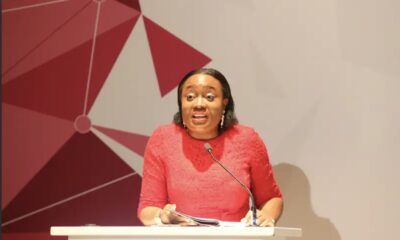News
Donald Trump Moves to Restrict Harvard’s International Enrolment | What This Means for Foreign Applicants
Donald Trump’s latest decision to pause visa appointments and limit Harvard’s enrolment of international students could impact thousands aiming to study in the U.S.

Photo Credit: President Donald Trump/Instagram
The Donald Trump administration has directed US embassies around the world to stop scheduling new visa interviews for international students and exchange visitors. The surprise move, revealed in an internal memo, signals a shift in how the United States vets foreign students, with plans to expand social media screening.
In a cable signed by US Secretary of State Marco Rubio, the Department of State said it is reviewing its procedures for processing F, M, and J visa applicants. Until that review is complete, consular sections have been instructed to pause adding new appointment slots for student and exchange visitor visas.
“Effective immediately… consulate sections should not add any additional student or exchange visitor visa appointment capacity,” the cable reads.
Multiple US news agencies obtained and verified the memo, which also notes that updated guidance will soon be issued regarding expanded screening for all applicants in these visa categories.
This development is part of a broader political standoff between the Trump administration and Harvard University. Earlier this week, Homeland Security Secretary Kristi Noem announced that the government had revoked Harvard’s Student and Exchange Visitor Program certification, accusing the university of violating federal law.
In a message shared on X, Noem warned: “Let this serve as a warning to all universities and academic institutions across the country.”
Harvard, in response, called the move “unlawful” and said it reflects the administration’s ongoing efforts to erode academic freedom and independence.
President Donald Trump also weighed in, accusing Harvard of admitting too many foreign students and calling for a national cap. “Harvard has to show us their lists,” he said during a press briefing. “They have foreign students, almost 31 percent of their students. We want to know where those students come from. Are they troublemakers? What countries do they come from?”
He added that he believes the percentage of international students should be reduced to about 15 percent.
Currently, international students account for around 27 percent of Harvard’s enrolment — a figure in line with other leading US universities. New York University, Northeastern University, and Columbia University each host tens of thousands of international students, with NYU alone enrolling more than 27,000 in the 2023–2024 academic year.
The administration’s actions have also included cancelling federal contracts with Harvard, reportedly worth $100 million. These steps come after the university declined to comply with demands from the Trump administration’s Task Force to Combat Anti-Semitism.
Harvard President Alan Garber described the decisions as part of a pattern of retaliation against the institution and reaffirmed the university’s commitment to supporting its international students and scholars. “This is a critical step to protect the rights and opportunities of our international students and scholars, who are vital to the University’s mission and community,” he said.
A federal judge in Massachusetts has temporarily blocked the administration’s order to revoke Harvard’s international enrolment status. A hearing is set to take place today, Thursday, May 29, to determine the next course of action.
What This Means for International Students
For thousands of students worldwide hoping to begin or continue studies in the US, the situation remains deeply uncertain.
During the 2023–2024 academic year, the US welcomed a record high of over 1.13 million international students. According to the Open Doors report, 71.5 percent of these students came from Asia. India topped the list with over 331,000 students, followed by China with 277,000, and South Korea with over 43,000.
Europe contributed around 90,600 students, accounting for roughly 8 percent of the international student body.
Beyond academics, international students make up a crucial part of the US economy. Last year alone, they contributed nearly $44 billion through tuition, housing, and living expenses.
With the new directive in place, embassies are no longer scheduling fresh visa interviews. This could result in severe delays for students hoping to start classes in the coming months. Many universities issue admission offers in March and April, with students typically applying for visas soon after.
F-1 student visas can be issued up to 365 days before a programme begins, but students are only allowed to enter the US within 30 days of their start date. With new interviews on hold, it’s unclear how long this pause will last or how embassies will manage backlogs once interviews resume.
Students already in the US may also face complications when renewing their visas. While F-1 visas are typically valid for five years, renewals must be processed at a US embassy or consulate, often in the student’s home country.
The policy could disrupt plans for those transitioning to postgraduate programmes or PhD candidates whose studies outlast their current visas.






















